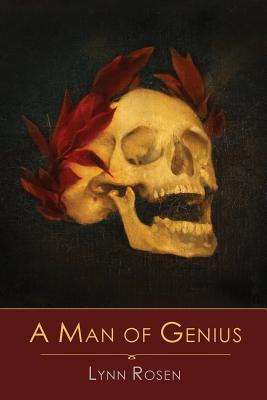

We cannot face the future without expecting that it too will give us a Baudelaire, a Picasso, a Willa Cather-or maybe even a Mr. “The ages are all equal,” says William Blake, “but genius is always above its age.” Our desire for the sacramental and extraordinary seems to be an eternal part of our creation. It is not necessary that we aspire after genius for ourselves, and yet, in our recesses, we remember that we had, or have a genius, Bloom says. We need genius, however envious or uncomfortable it makes many among us.

Yet, with the public, the idea of genius maintains its prestige, even though the word itself can seem somewhat tarnished. Genius is no longer a term much favored by scholars, so many of whom have become cultural levelers quite immune from awe. He says this idea has been abused by detractors, reductionists, sociobiologists through the materialists of the genome school, and various historicizers. I agree wholeheartedly with Bloom that even if we don’t understand it-we must defend the idea of genius. The Victorian historian Froude says, “genius is a spring in which there is always more behind than flows from it.” Is it God’s favor, providence, coincidence, luck? Why are few chosen, but most left out? Truthfully, we may not ever know what makes genius possible. “To be augmented by the genius of others is to enhance the possibilities of survival, at least in the present and near future.” The answer is a hearty WE DO! Our appreciation makes genius possible.

Maybe Bloom says it best, “Genius is a mystery of the capacious consciousness.” Genius may be politically incorrect, as is the sacramental in evangelical circles-but as Bloom states, “…it is hard to go on living without some hope of encountering the extraordinary.”

“…did they not sound to you as old as yourself?”Ī person learns to identify with what she or he feels is a greatness that can be joined to the self, without violating the self’s integrity. It is God in you that responds to God without, or affirms his own words trembling on the lips of another.” Who doubts it? Were you ever instructed by a wise and eloquent man? Remember then, were not the words that made your blood run cold, that brought the blood to your cheeks, that made you tremble or delighted you,-did they not sound to you as old as yourself? Was it not truth that you knew before, or do you ever expect to be moved from the pulpit or from man by anything but plain truth? Never. “Is it not all in us, how strangely! Look at this congregation of men -the words might be spoken,-though now there be none here to speak them,-but the words might be said that would make them stagger and reel like a drunken man. “Talent cannot originate, he says, “genius must.”Įmerson helps us as only Emerson (himself a genius) can. Harold Bloom says in his insightful book Genius: A Mosaic of One Hundred Exemplary Creative Minds, “Since we do not know how else to account for Shakespeare (or Dante, Cervantes, Goethe, Walt Whitman), what can we do better than return to the study of the ancient idea of genius? The very word prompts thoughtful reflection. Of course, the very thought of twelve years-which seems an eternity to us modern Americans-provides perspective for the way Plato, Homer, Virgil and DaVinci and others have permeated the wallpaper of history for hundreds if not thousands of years. Believe it or not, those catchy and creative radio ads are still going strong after twelve years! Einstein, Delacroix, Mozart, Louis Armstrong, Shakespeare, Dante, Cervantes, Homer, Virgil, Plato, Da Vinci, Thomas Edison, Steve Jobs and lest we forget-Bob Winter, the infamous man who created the Budweiser Real Men of Genius ads, one of the longest running ad campaigns in history-are all men of genius.


 0 kommentar(er)
0 kommentar(er)
